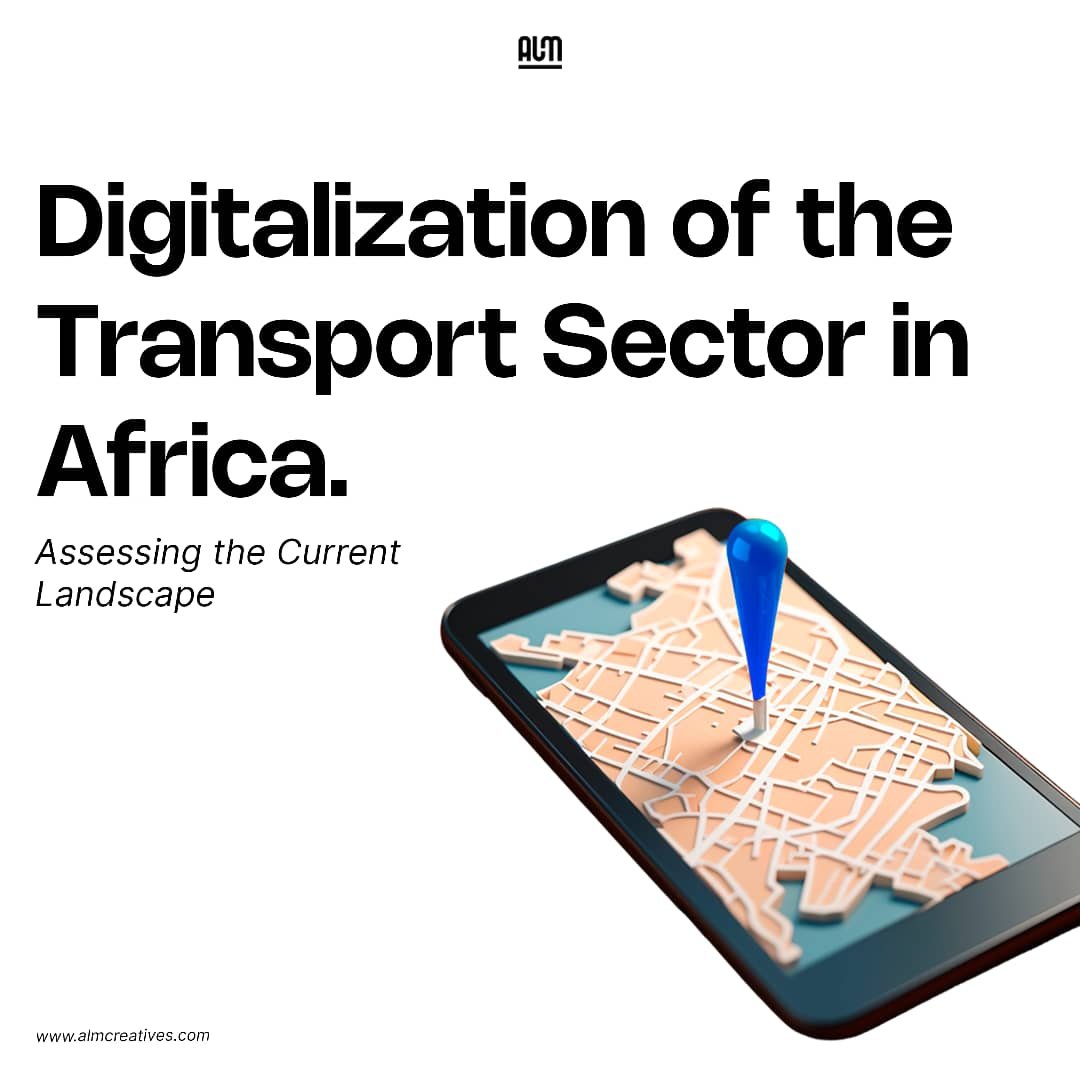Search
Digitalisation of the Transport Sector in Africa
Business and advices
The digital revolution has been reshaping industries worldwide, and the transport sector in Africa is no exception. As countries across the continent strive for economic growth and development, digitalization presents immense opportunities for transforming transportation systems. This article explores the current state of digitalization in the transport sector in Africa, examine the challenges and advancements, and discuss the potential for further innovation and progress.
1. THE CURRENT STATE OF DIGITALIZATION IN AFRICAN TRANSPORT: Mobile Applications and Ride-Hailing Services Mobile applications and ride-hailing services have gained significant popularity in various African cities, providing convenient transportation options for both locals and visitors. Companies like Uber and Bolt have expanded their operations across the continent, revolutionizing the way people travel within urban areas. Online Ticketing and Payment Solutions Many transport operators have adopted online ticketing systems, enabling passengers to book and pay for their journeys in advance. This digitalization of ticketing services improves efficiency, reduces queues, and enhances the overall travel experience. Intelligent Transport Systems (ITS): Several African countries have embraced intelligent transport systems, incorporating technologies such as real-time traffic monitoring, smart traffic lights, and dynamic route planning. These systems aim to improve traffic flow, reduce congestion, and enhance road safety.
2. ADVANCEMENTS AND INNOVATIONS E-commerce and Parcel Delivery Digital platforms have facilitated the growth of e-commerce in Africa, leading to increased demand for efficient and reliable parcel delivery services. Start-ups and established logistics companies are leveraging digital technologies to optimize delivery routes, provide real-time tracking, and enhance last-mile delivery capabilities. Digital Freight Platforms Digital freight platforms have emerged, connecting shippers with transporters, improving transparency, and streamlining logistics operations. These platforms leverage technology to match cargo with available trucks, optimize load capacity, and enable efficient supply chain management. Drone Technology In some African countries, drones are being utilized for transportation purposes, particularly in remote areas with limited road infrastructure. Drones offer a cost-effective and efficient solution for delivering medical supplies, conducting aerial surveys, and reaching inaccessible regions.
3. CHALLENGES AND OPPORTUNITIES Infrastructure Development One of the key challenges in digitalizing the transport sector in Africa is the need for robust digital infrastructure. Adequate internet connectivity, power supply, and data networks are vital for the seamless functioning of digital transport solutions. Investments in infrastructure development are essential to unlock the full potential of digitalization. Skill Development and Digital Literacy To fully embrace digitalization, it is crucial to invest in skill development and promote digital literacy among transport stakeholders, including drivers, operators, and regulatory bodies. Training programs and educational initiatives can empower individuals to leverage digital tools effectively and maximize their benefits. Regulatory Framework Developing comprehensive regulations and policies that address data privacy, cybersecurity, and fair competition is essential for fostering trust and ensuring a level playing field in the digital transport ecosystem. Governments and regulatory bodies must adapt to the evolving landscape to encourage innovation while safeguarding consumer interests. The digitalization of the transport sector in Africa has the potential to revolutionize mobility, enhance connectivity, and stimulate economic growth. While progress has been made, there are still challenges to overcome, such as infrastructure limitations and the need for regulatory frameworks that support innovation. By leveraging advancements in technology, investing in infrastructure, and fostering collaboration between public and private entities, Africa can harness the power of digitalization to create efficient, safe, and sustainable transport systems for the benefit of its people and economies. The future of transportation in Africa is undoubtedly digital, and the continent stands poised to embrace the opportunities that lie ahead.




